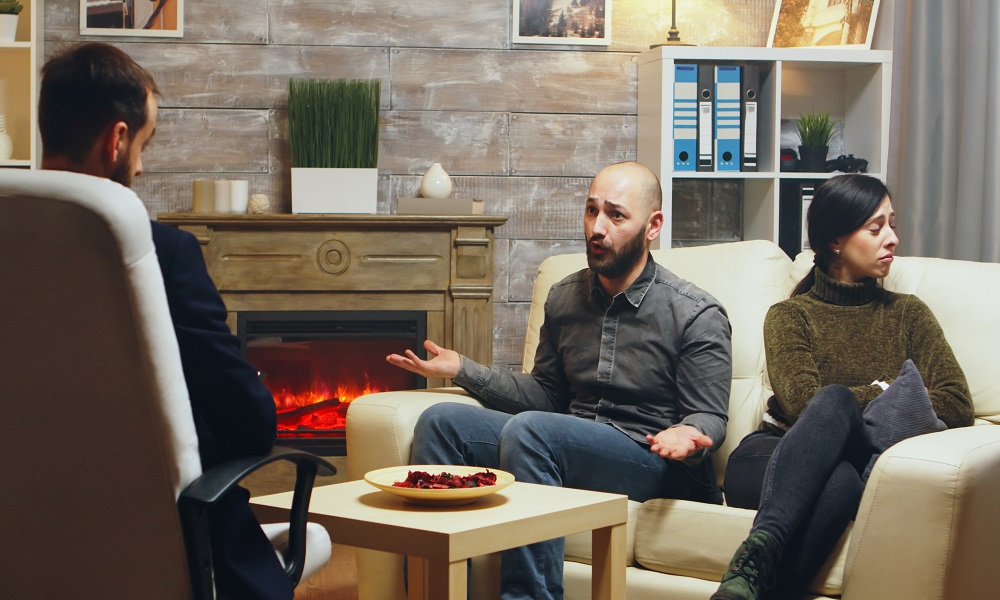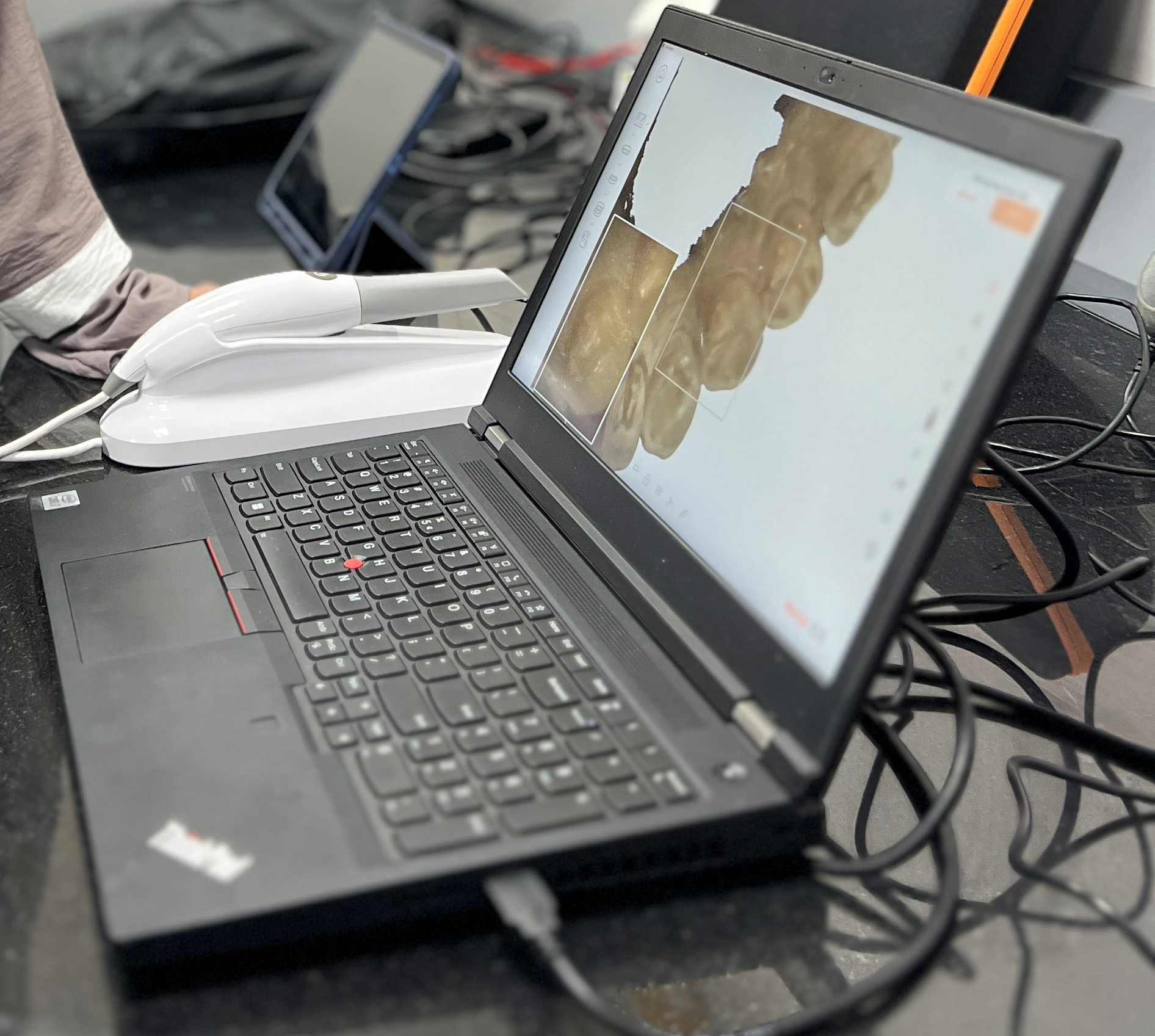In the current world, most of us are aware of various healing modalities that exist. Some modalities are known to most of us like pharmacotherapy, some are specialized techniques depending upon the nature of the disease or the disorder while some are still not widely accepted such as psychotherapeutic techniques. Mental disorders including neurological problems are not new to human civilization. Since ancient times, mental health issues have been pertinent in human race and different cultures have dealt with them in their own limited ways of understanding through limited techniques. Even today, mental health issues are not attended like physical diseases. There is a very strong stigma of shame associated with psychological problems. Though, in past few decades, few prominent techniques for the treatment of such issues have been researched and developed yet it is a less explored territory with tremendous scope for innovation and improvement.
Mere mention of psychotherapy makes one widen his eyes in astonishment- how can one get cured by just talking and that too a problem like depression or anxiety? People find it incomprehensible to believe that spending close to an hour with a psychologist and just talking one’s problems can bring one out of his psychological trouble. Though, there is a lot of information available on internet regarding psychotherapy yet the commonly held views have not changed much.
So, let us look at what exactly is this ‘Talking Cure’ or psychotherapy. How it actually enforces a disturbed human mind to mend its ways and bridge the gaps that exists between an individual’s inner and outer world.
Before we actually discuss psychotherapy, I find it absolutely necessary to mention the psychological disorders from a psychologist’s perspective. My understanding about any kind of psychological disturbance is: when we create an alternative perception about the reality instead of looking at it the way it is. When our past experiences and the impressions and learnings (memories) born out of those past experiences start governing our perception (our individual meaning to external stimuli). When we forcefully read more than what is written in the spaces between the words, in the time gaps between two situations, and in the gestures made by others or words spoken by them.
This perception initially does not create any trouble for us but gradually turns into a habit and that habit robs us off of our simple, stress-free perception of reality as it is. We start looking for more than the reality can offer to us. This constant pressure of securing oneself by digging out more about a situation puts an individual in a space where he stops living in the reality and begins living in a space created in his own mind. As the time passes by, the reality just fades away into just a composite of few visual clues trying to make their presence felt to an individual mind, and, the individual gets more and more disconnected and dissociated from his surroundings.
Once the individual breaks away from his surroundings, his behavior also changes and that sends an alarm to those close to the individual. Others notice something amiss with the person and begin to inquire about his well-being. This is usually the first time when the individual is shaken out of his perception different than the reality. He is not able to relate or connect to any person or situation around and feels more and more alienated or isolated. This aggravates the problem. Soon, the individual finds himself caught up in a vortex of thoughts of which he finds no way out.
At this point, the individual starts losing interest or becomes more jittery and fearful of his future situations because he is not able to associate with any of them. This is the stage where the individual needs another CPU or another human mind to help him process all that he has been holding up inside him. A kind of software that can help him unlearn and then relearn the ways of life.
This CPU usually appears in the form of a therapist or a confidante who can patiently lend an ear to the individual. The individual enters into a therapeutic alliance with the psychotherapist (psychologist) after developing trust in the process and the therapist both.
The real challenge begins from now on. The various stages of psychotherapy involve a deeper knowledge of the myriad ways in which a human mind can twist the reality. The therapist also needs to keep a tab on his own involvement with the client and his inner world along with a thorough knowledge of the structural modality in terms of a technique. At no stage of therapy, can the therapist be emotionally attached to the pain and misery that his client is experiencing. This learning of remaining detached while empathizing with the client and parallelly helping him to develop insights about his inner world is the real challenge of psychotherapy. The process of unlearning and then facilitating the relearning process of the individual is not an easy one though. There are times when the individual loses faith in the facilitator or in himself; at other times the process itself does not make any sense to the individual as he steps into an unknown zone from his usual known and comfortable zone. During such moments, the facilitator has to provide some extra support to the individual and also guide the individual to slowly develop faith in himself. Once the process is dealt with patience and empathy for required period of time, the individual starts tying the loose threads between his individual perception and the reality around. Gradually it dawns upon to him that reality is not an objective truth perceived the same by all; but a subjective one. This subjective truth weaves the fabric of an individual human life using the threads of his experiences, situations and his inner world. Very soon, the patient finds himself less perturbed and more confident while dealing with the same world outside. At this stage, the therapist willfully takes a passive role and after scrutinizing the client’s progress in the real world, finally terminates the therapeutic alliance.
From a theoretical standpoint, there are more than 150 modalities of psychotherapy but the core structure remains the same for all. All the methods unanimously uphold the importance of empathy, authenticity, wisdom, knowledge and individual value system during the therapeutic process. Though, the ongoing researches are emphasizing the role of psychotherapy today even for many somatic problems too, yet the path is a long one.
Author:
Purnima Gupta, Assistant Professor, Unitedworld School of Liberal Arts & Mass Communication (USLM) and Clinical Psychologist






